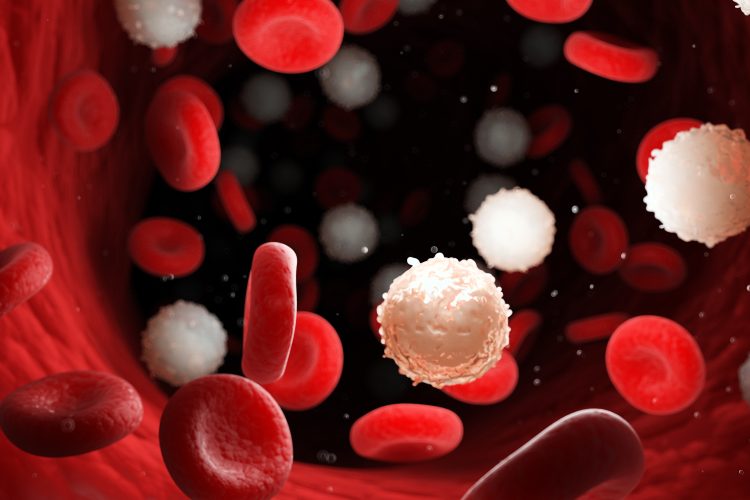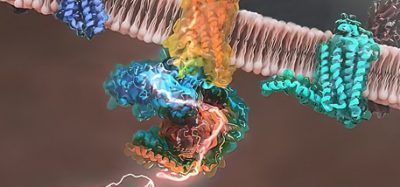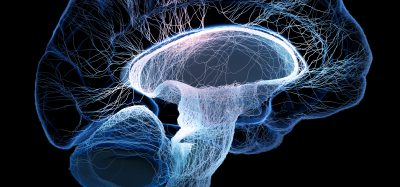Existing drug may improve immune response to leukaemia treatment
Posted: 18 August 2021 | Anna Begley (Drug Target Review) | No comments yet
Researchers identified the inhibitor JQ1 as a potential drug to improve immune response to CAR T-cell therapies in leukaemia patients.

A new study from the University of Pennsylvania has demonstrated how the small molecule inhibitor JQ1 can boost chimeric antigen receptor (CAR) T-cell function and potentially improve immune response to CAR T-cell therapy in patients with advanced chronic lymphocytic leukaemia (CLL).
Only a small subset of CLL patients respond to CAR T-cell therapy as “exhausted” T cells leftover from aggressive chemotherapy make it more challenging for the treatment to attack cancer cells. “Why CAR T cells fail to fully attack cancer cells in so many CLL patients is an important question that needs to be answered in order to expand the use of these immunotherapies in CLL and other cancers,” explained senior author Joseph Fraietta. “Treating these ‘war weary’ T cells during the CAR T-cell engineering process has the potential to boost responses.”
Using the small molecule inhibitor and the T cells and CD19 CAR T-cells from previously treated patients, the researchers found that the bromodomain and extra terminal (BET) protein plays a role in downregulating CAR expression. If blocked, BET can diminish T-cell exhaustion and increase the production of CAR T cells from CLL patients with poor lymphocytes.
Treatment with JQ1 also increased levels of various immunoregulatory cytokines and chemokines, previously reported to be produced by CAR T cells in CLL during successful therapy. According to the researchers, the array of native immune and CAR cells mirrored those found more typically in patients who do respond.
The team therefore posited that incorporating JQ1 into cellular engineering and expansion processes could lead to a generation of less defective and more potent final CAR T cells for patients. “This work shows us that T cells can be taught new tricks,” said co-author Bruce Levine. “That is to say that the methods of manufacturing can be adapted to improve CAR T-cell function, so that what would have been exhausted or dysfunctional cells can now be reinvigorated and potentially lead to better clinical responses in more patients than before.”
The study was published in Journal of Clinical Investigation.
Related topics
Cell Cultures, Drug Repurposing, Drug Targets, Immuno-oncology, Immunotherapy, In Vitro, Molecular Biology, Molecular Targets, Oncology, Small molecule, T cells, Target Molecule, Therapeutics
Related conditions
Chronic lymphocytic leukaemia (CLL)
Related organisations
Pennsylvania University
Related people
Bruce Levine, Joseph Fraietta







